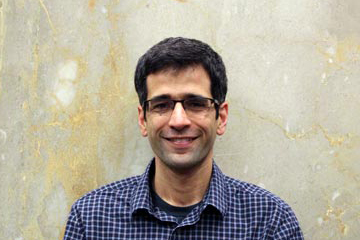
Impact Evaluation of the Niger Participatory & Responsive Governance Project: Final Report
Date Published
Jun 1, 2019
Authors
Ariel Benyishay, Lisa Mueller, Katherine Nolan, Philip Roessler
Publisher
Citation
BenYishay, A., Mueller, L., Nolan, K., Roessler, P. (2019). Impact Evaluation of the Niger Participatory & Responsive Governance Project: Final Report. Williamsburg, VA: AidData at William & Mary.
Abstract
Across most development indicators, Niger ranks close to the bottom of global rankings. In the 2018 United Nation’s Human Development Index, Niger dropped to last, behind Central African Republic and South Sudan. At the root of the country’s perennial development crisis is a set of unfavorable structural conditions which contribute to and are compounded by significant governance challenges. To help mitigate these governance challenges in Niger and bolster stability in one of the world’s most fragile states, USAID has invested in the Participatory and Responsive Governance (PRG) Project. The overarching goal of the PRG project is to strengthen the collective responsiveness of the Nigerian government to its citizens’ priority public needs.
To better understand how the PRG has affected governance in Niger, a team of researchers from AidData at the College of William & Mary has worked with the implementing partner, Counterpart International (CPI), to undertake a rigorous impact evaluation of the program. The impact evaluation focuses on one major component of the PRG—the holding of multi-stakeholder dialogues to bring together community leaders, municipal and regional councilors, private sector actors, professionals and citizens to confer upon, design and initiate Service Improvement Action Plans (SIAPs) as a tool for citizens and government to improve public service provision. Does bringing community stakeholders together to discuss local development challenges and adopting plans of action to address citizen priorities improve governance? This report provides the results of a randomized evaluation of the multi-stakeholder dialogues on elite coordination and citizens’ perceptions of the legitimacy and responsiveness of local and national government.
Funding: This evaluation is funded jointly by USAID/DRG and USAID/HESN through a contract to NORC and a cooperative agreement (AID-OAA-A-12-00096) currently in place between USAID/LAB/HESN, AidData, and the College of William and Mary.
Related Publications
Featured Authors
Philip Roessler
Assistant Professor and Director of the Center for African Development (CAD) at the College of William & Mary
Lisa Mueller
Assistant Professor of Political Science at Macalester College



